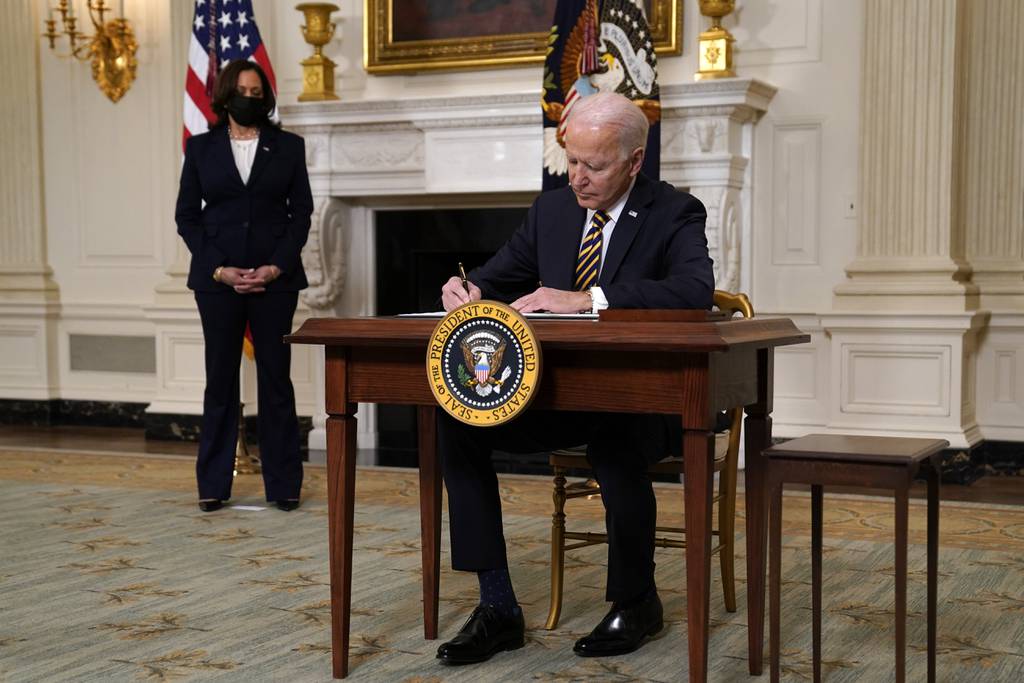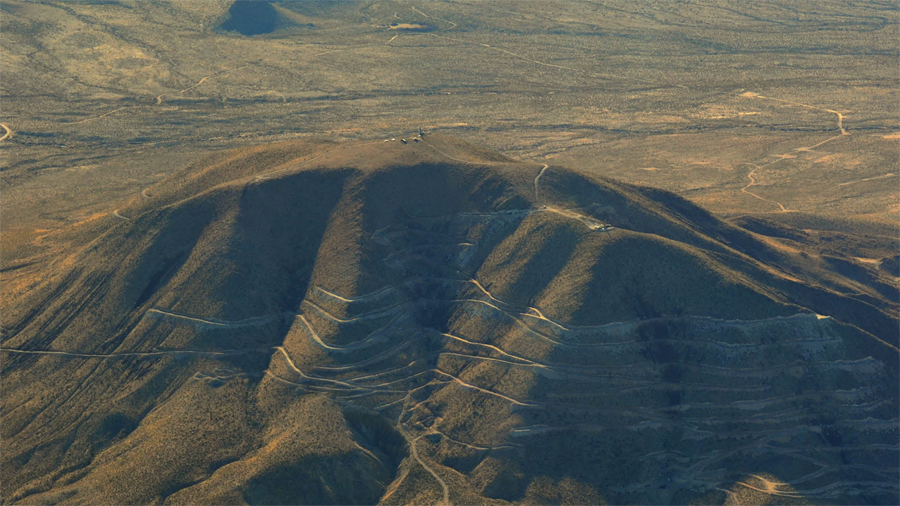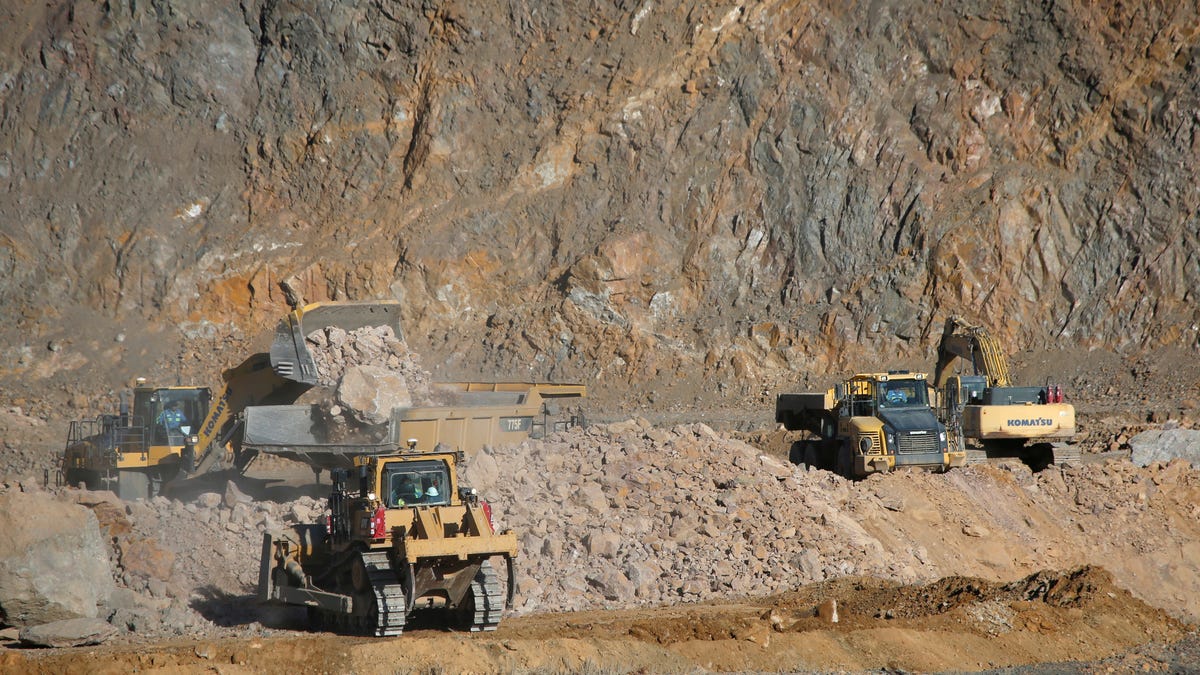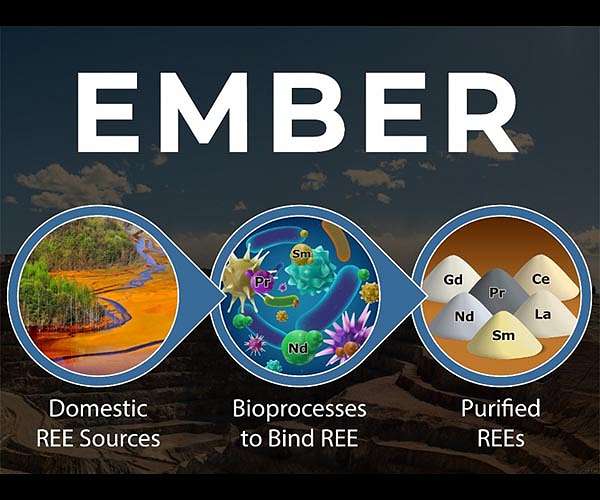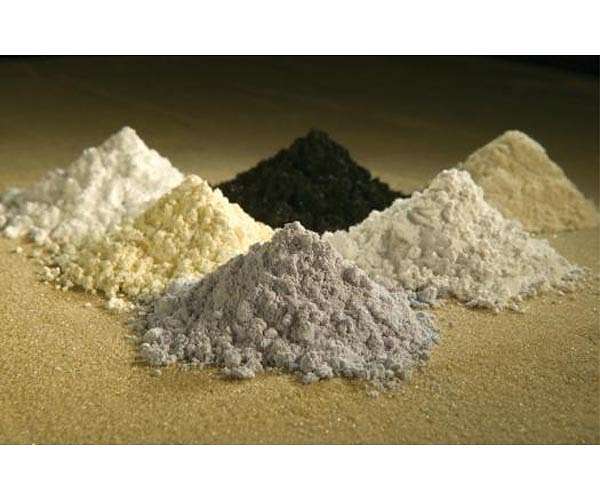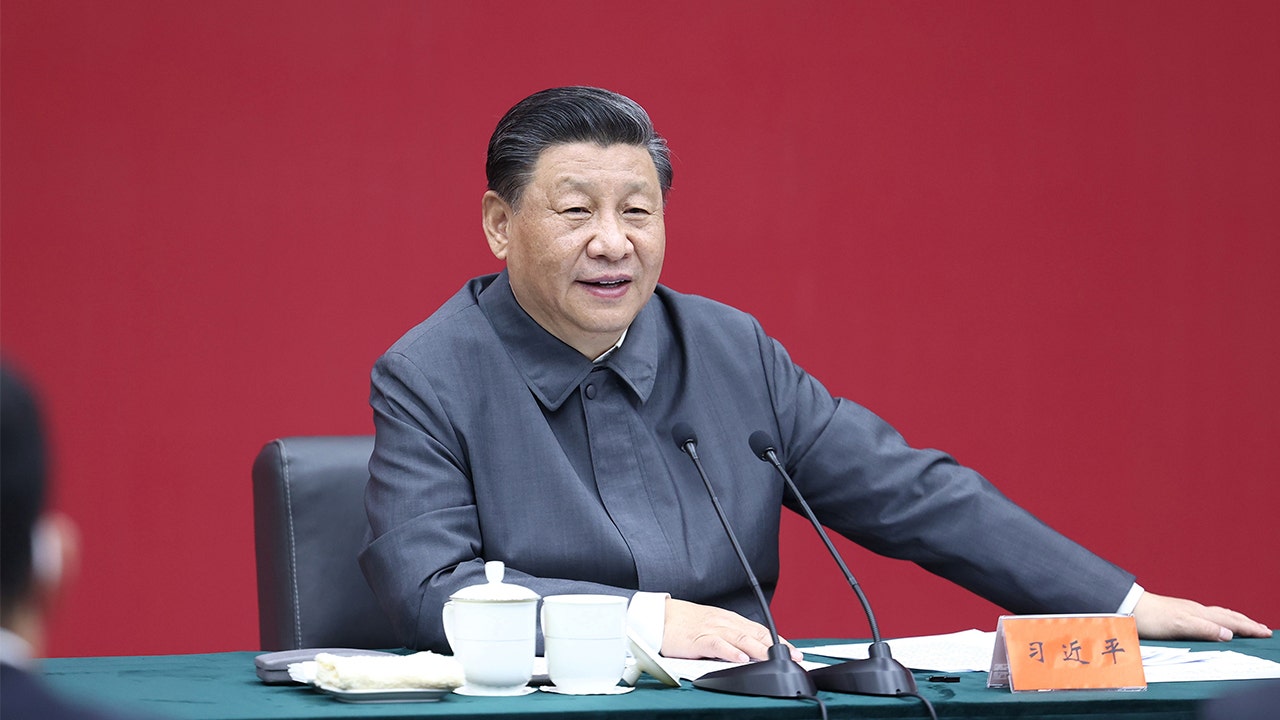...The
Critical Minerals Policy Act takes commonsense steps to facilitate increased mineral production here at home. Importantly, the bill authorizes funding to improve the United States’ permitting process, which industry analysts at Behre Dolbear have ranked as worst in the world at getting applicants a timely “yes” or “no” response. Such delays strand capital and have contributed to an ongoing decline in America’s share of private investment in exploration, which dropped from 10 percent in 2000 to 7 percent in 2013 according to the Metals Economics Group. In response, the bill brings some needed accountability and resources to the federal agencies considering these permit applications.
The bill also recognizes the importance of geologic surveys, which can jump-start mining activity. The supply chains for mineral commodities begin with entrepreneurial geologists who go out and find this stuff. Sometimes they do it on their own; other times they use government data to get going. Murkowski’s bill places a particular emphasis on the latter, and it should. Up north, the Prospectors and Developers Association of Canada has found that every public dollar spent on geologic data generates approximately $5 in privately-funded exploration work. That’s a pretty good rate of return, even for those who balk at treating government spending as an investment.
Finally, the bill provides new direction to ongoing federal research. It is in response to these provisions that Kemp hits the mother lode of irony. His column basically block quotes the writing of government-funded scientists as a wind-up to criticizing them. Yet it is largely thanks to their work that we know any of the more salient facts found in Kemp’s column. And it has been public servants at the National Science Foundation, the U.S. Geological Survey, and other federal agencies ringing the alarm bell over our mineral supply problems. At least in part, it is now on Congress to fix them.
America’s reliance on foreign mineral commodities is impeding growth in a wide range of domestic industries, and in some cases it is jeopardizing our national security. Congressional testimony, corporate annual reports, federal agency publications, and news coverage all provide ample evidence of this.
As if to emphasize this point, the same week Kemp’s column ran, the Chinese government announced further restrictions on rare earth exports. That matters because China controls almost the entire global supply of these elements, which are found in just about every form of modern technology.
This is an area where placing some faith in the government to act is warranted. For rare earths, the Obama administration and others recently won a ruling from the World Trade Organization that Chinese export practices violated their rules. And Congress proved its mettle in October by passing legislation to avert a supply crisis for the helium gas used in medical imaging, precision welding, satellite launches, and semiconductor production.
For all the commodity-specific challenges that we face, they are mere symptoms of a broader lapse in policymaking that has seen the U.S. lose control over the very foundation of our innovative energy, computing, vehicle and defense manufacturing capabilities. As the focus on growth through exports persists, it is becoming clear that a country lacking raw materials has a harder time winning the global competition to host the factories that put them to good use....








